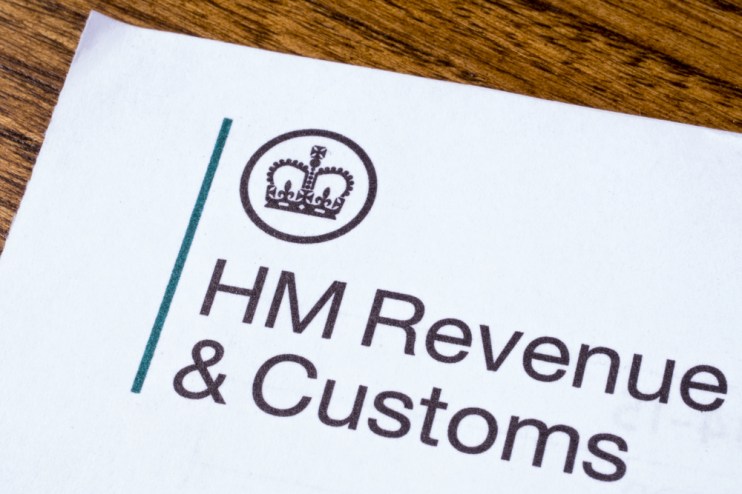HMRC rakes in £50bn thanks to new business taxes

New research released today has revealed that HMRC has collected more than £50bn from firms in the last decade thanks to eight new business taxes.
According to data from Thomson Reuters, in the past year alone, eight new taxes raised a total of £7.2bn from businesses, including £300m from its newest tax, the Soft Drinks Industry Levy, which was introduced in 2018.
The ‘Sugar Tax’ was designed to help reduce sugar in soft drinks and tackle childhood obesity.
The other highest yielding taxes introduced over the last decade include the Bank Levy, Apprentice Levy, Bank Surcharge, Annual Tax on Enveloped Dwellings, Swiss Capital Tax, Diverted Profits Tax and Bank Payroll Tax.
Many of these new taxes were introduced just after the last financial crisis, which saw the public purse endure considerable strain.
It is expected that the pandemic will result in a similar demand for new sources of tax as the economy recovers.
Indeed, the new Health and Social Care Levy is set to be introduced in 2023, which is expected to raise over £17bn a year, with at least £8.5bn likely to come directly from businesses. It will also hit employees and the self-employed with National Insurance contributions increasing.
For businesses, this comes on top of a corporation tax hike next year to 25 per cent, which is expected to yield a further £12bn for the Treasury, according to Reuters.
Jas Sandhu Dade, Head of Corporates Europe at Thomson Reuters, commented on the increasingly complex tax system. He said: “Adding new taxes and placing a heavy burden on businesses comes at a difficult time for those still recovering from the economic impact of the pandemic.”
“These new taxes have proven themselves to be a successful way to bring in billions of pounds in a relatively short space of time. The new National Insurance surcharge is sure to be a success from a public purse perspective but will add considerable financial and compliance stresses to both businesses and individuals”, Sandhu Dade added.